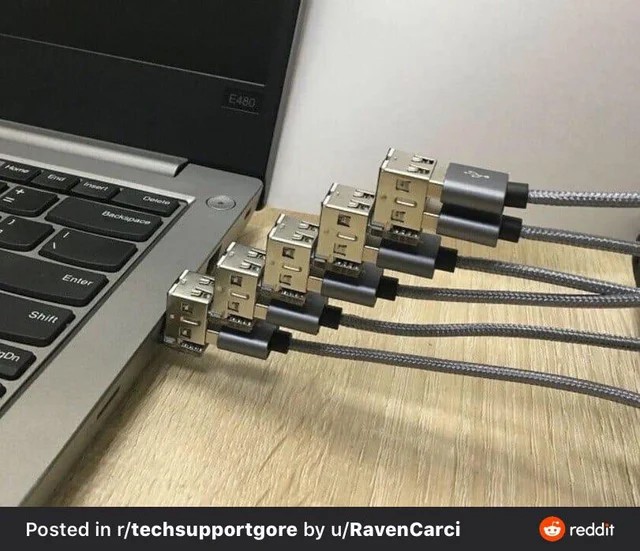8.16
Lecture 12: Unlimited data
This assignment is due on Tuesday, February 18 at 11:59pm. Submit it using Handin as assignment lecture12.
; A Point is (make-point Number Number) (define-struct point [x y]) ; A BunchOfPoints is one of: ; - (make-none) ; - (make-some Point BunchOfPoints) (define-struct none []) (define-struct some [first rest])
Exercise 1. Define 3 examples of BunchOfPoints. Don’t use the examples from the video.
Exercise 2.
Copy the comments below to your Definitions Window. For each of the 6
expressions, say whether it is a BunchOfPoints, and explain why not if
not. The first 2 parts are already done for you; follow their pattern.
; 1. (make-some (make-point 1 1) (make-none)) ; is a BunchOfPoints ; 2. (make-point (make-some 1 1) (make-none)) ; is not a BunchOfPoints because it is a ; use of neither make-some nor make-none ; 3. (make-some (make-point 70 40) ; (make-point 30 50)) ; ; 4. (make-none) ; ; 5. (make-some (make-point 30 50) ; make-none) ; ; 6. (make-some ; (make-point 70 40) ; (make-some (make-point 30 50) ; (make-none))) ;
Exercise 3.
Here’s the first two steps of the design recipe for count-all-points.
; count-all-points : BunchOfPoints -> Number ; count how many points are in the bunch (define (count-all-points bop) ...)
Write the template for count-all-points.
Make it look like a function called process-bop,
and do not put it in a comment.
Exercise 4.
Finish designing count-all-points.
Exercise 5.
Finish designing this function:
; move-points-up : BunchOfPoints -> BunchOfPoints ; subtract 1 from every Y coordinate ; in the given BunchOfPoints (check-expect (move-points-up (make-none)) (make-none)) (check-expect (move-points-up (make-some (make-point 30 50) (make-none))) (make-some (make-point 30 49) (make-none))) (check-expect (move-points-up (make-some (make-point 70 40) (make-some (make-point 30 50) (make-none)))) (make-some (make-point 70 39) (make-some (make-point 30 49) (make-none)))) (define (move-points-up bp) ...)
Exercise 6.
Using the functions you’ve defined, and the mouse
function defined in the video, run the big-bang animation
shown.
Exercise 7.
Optional: Change mouse to only add
points when you click the mouse, as shown at the end of the video.
